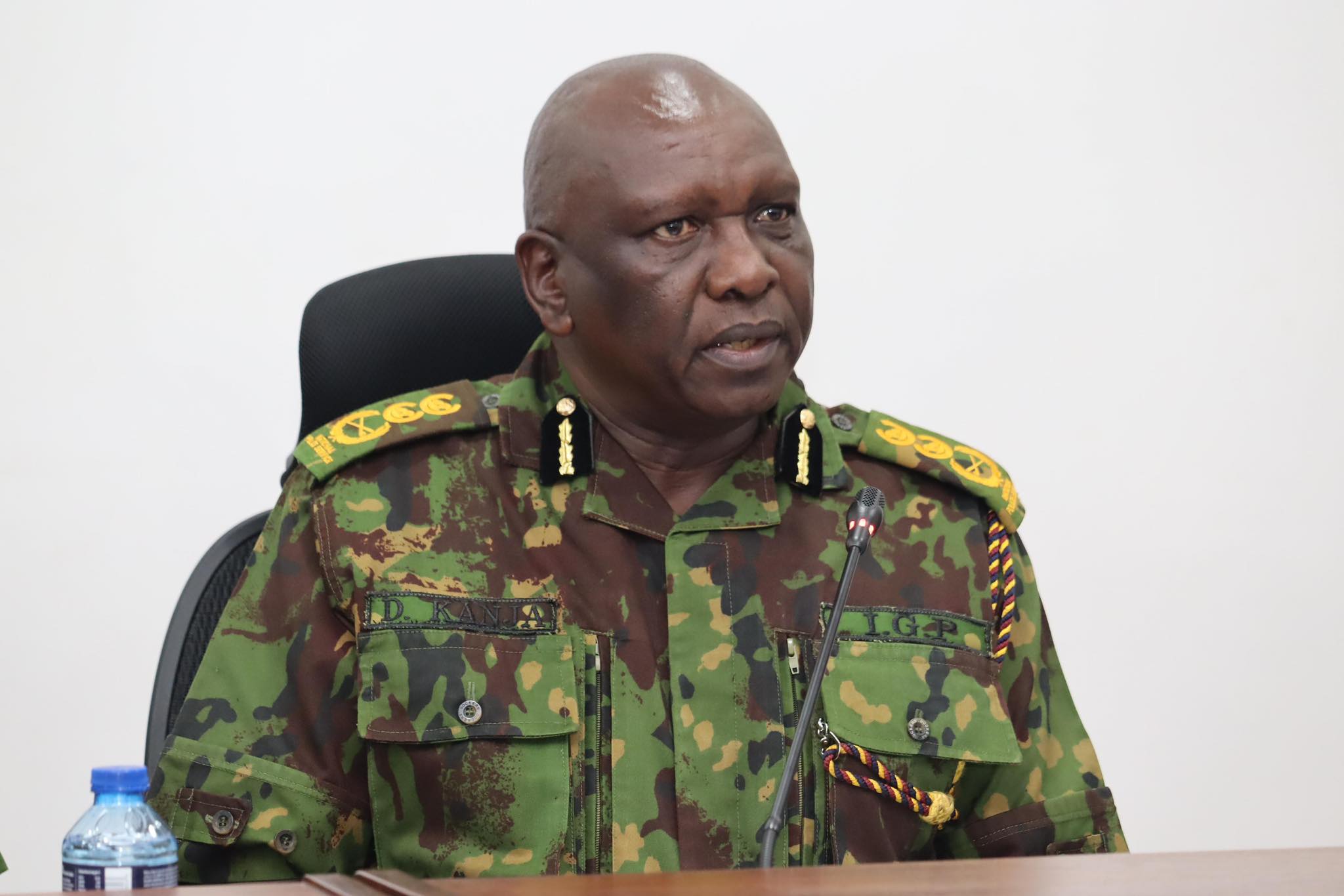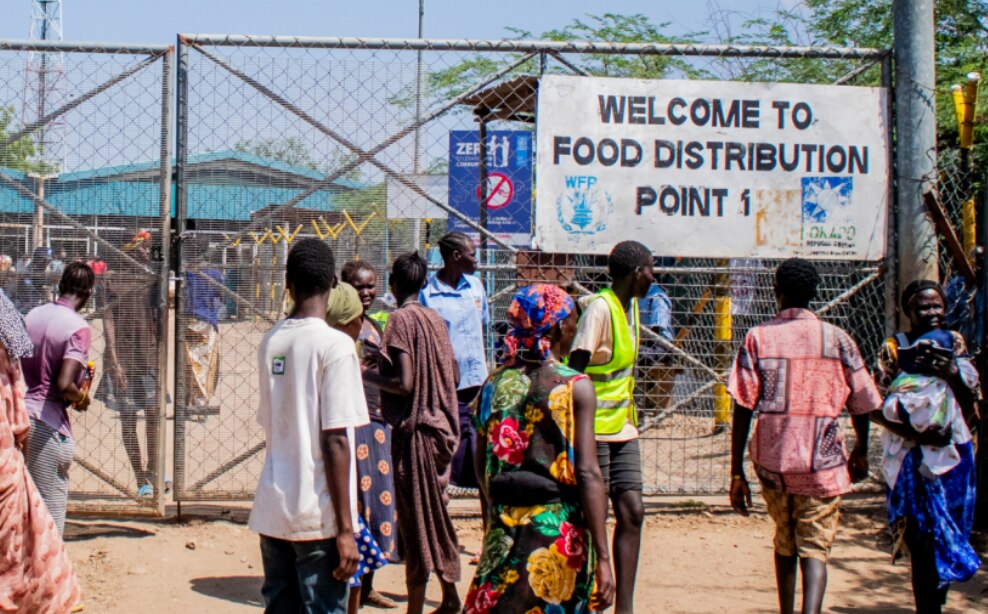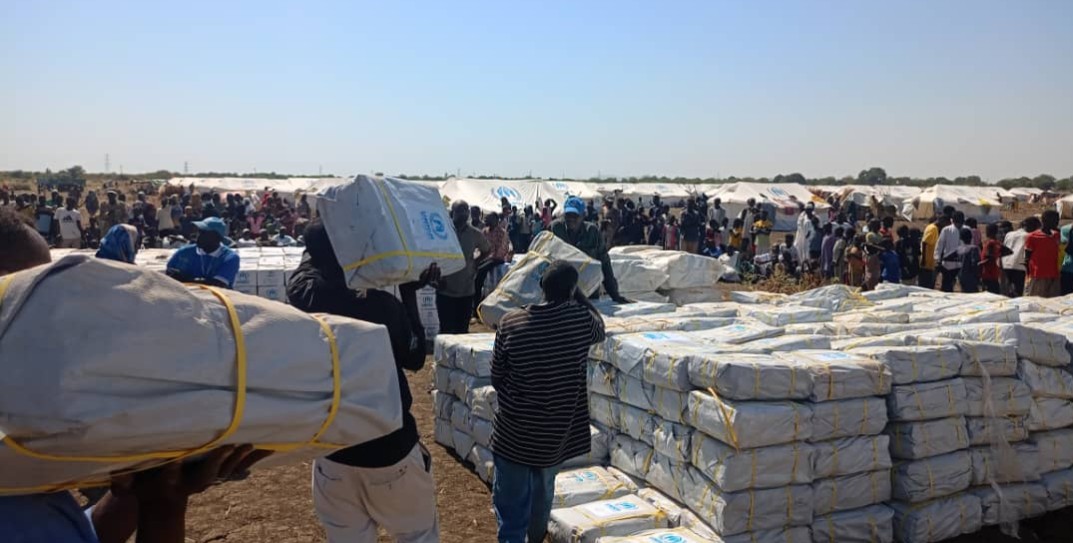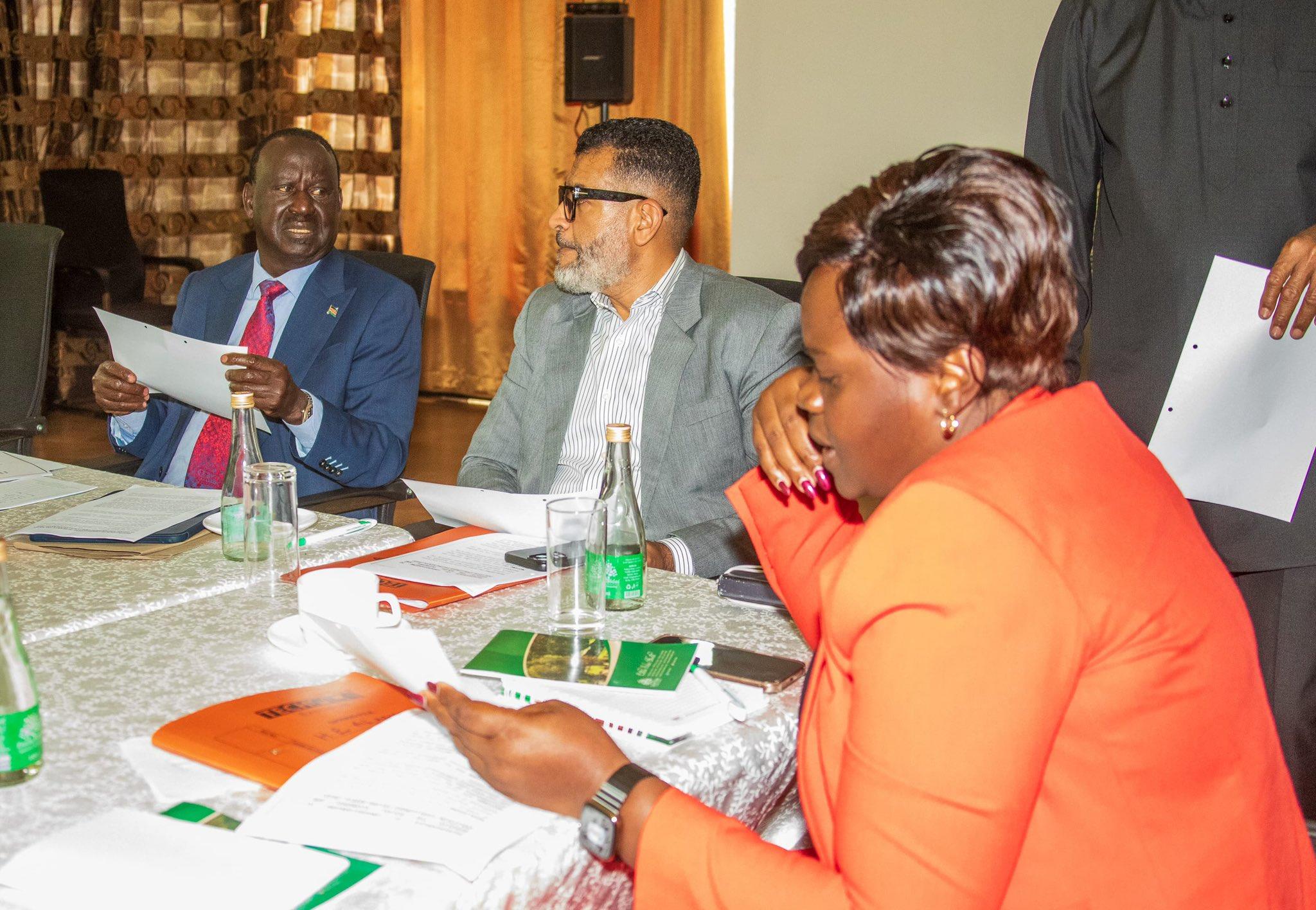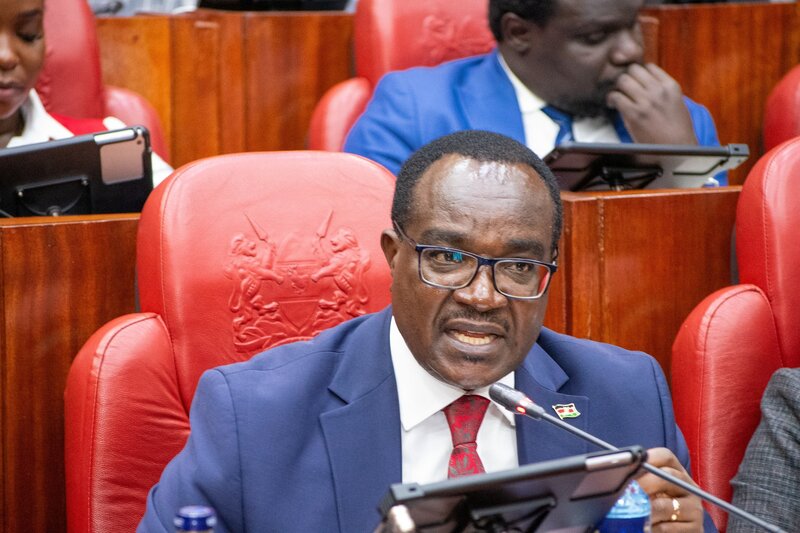Kenya joins global push to combat snakebite deaths which claim around 4,000 lives annually

This condition, considered one of the world’s most neglected tropical diseases, disproportionately affects people in poor and rural communities.
Kenya has joined a global initiative to combat snakebite deaths—a crisis that claims over 100,000 lives globally each year and leaves many more permanently disabled.
The Ministry of Health raised the alarm at the 78th World Health Assembly (WHA78) in Geneva, where Kenya partnered with Costa Rica, Egypt, and Ghana to spearhead efforts against snakebite envenoming.
More To Read
- Mombasa leads Kenya’s mpox outbreak as MoH, WHO step up response
- Duale orders CCTV upgrade in referral hospitals after Kenyatta National Hospital patient murders
- Calls for safety awareness as world marks Drowning Prevention Day
- Sudan reports 1,307 new cholera cases within one week
- CS Duale orders security audits at all referral hospitals after KNH patient murder
- Health Ministry suspends nursing council CEO Lister Onsongo over illegal internship scandal
This condition, considered one of the world’s most neglected tropical diseases, disproportionately affects people in poor and rural communities.
Principal Secretary for Public Health and Professional Standards, Mary Muthoni, told a high-level event hosted by the World Health Organisation (WHO) that snakebites require urgent global attention.
“Snakebite is a neglected tropical disease that claims more than 100,000 lives each year. Ending preventable deaths from snakebites is not only achievable—it is a moral imperative,” she said on Thursday.
PS Muthoni emphasised Kenya’s commitment to strengthening its healthcare system to reduce fatalities from snakebites.
She noted that the country is focusing on training frontline health workers and promoting the local production of antivenoms to improve treatment, particularly in rural areas where snakebites are most prevalent.
The meeting also spotlighted WHO’s 2030 targets, which aim to reduce deaths and disabilities caused by snakebites.
Countries were urged to support the Strike Out Snakebite (SOS) initiative, which aims to improve access to life-saving antivenoms and timely treatment.
A recent WHO report highlights the scale of the crisis: around 5.4 million people are bitten by snakes each year. Of these, between 1.8 million and 2.7 million develop severe symptoms due to venom. Annual deaths range from 81,000 to 138,000, while many others suffer amputations or long-term disabilities.
The report identifies agricultural workers and children as those most at risk.
“Children often suffer more severe effects than adults due to their smaller body mass,” the WHO stated.
In Kenya, the toll is particularly alarming. The Institute of Primate Research estimates that around 4,000 people die from snakebites annually, and a further 7,000 suffer complications such as paralysis or permanent health issues.
Kenya’s active participation at WHA78 signals a growing commitment to ending snakebite deaths through global collaboration and healthcare solutions tailored to community needs.
Top Stories Today
- MPs order Kanja to immediately hand over HR, payroll functions to NPSC
- 'Enough is enough': Pangani residents protest poor state of Mueni Road
- Court hears grim details from Shakahola teen cult survivor on forced starvation
- ODM announces it will field candidates in all 22 upcoming by-elections
- Education Ministry denies capitation cuts amidst funding confusion
- Kiharu MP Ndindi Nyoro removed from Budget Committee



